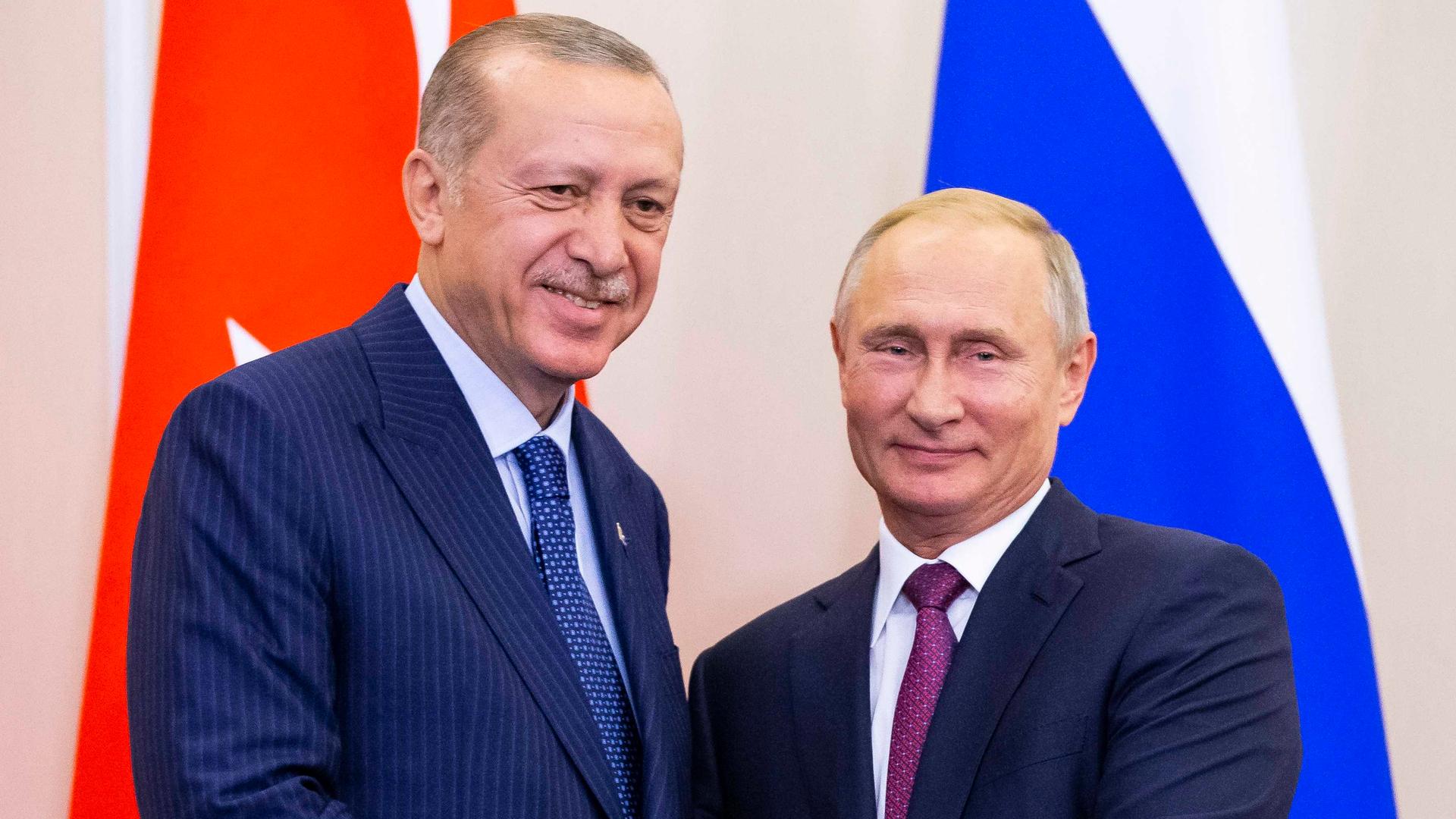The leaders of Turkey and Russia have agreed to create a “demilitarised zone” around Syria’s rebel-held province of Idlib, President Vladimir Putin said on Monday after lengthy talks with his Turkish counterpart Recep Tayyip Erdogan.
“We have decided to create a demilitarised zone some 15 to 20 kilometres deep along the line of contact between the armed opposition and regime troops by October 15 of this year,” he said.
Russian President Vladimir Putin said the agreement was that all heavy weapons be withdrawn from the zone, and that “radically minded” rebels, including the Nusra front, would have to pull out of the zone.
Turkish and Russian soldiers will be patrolling the zone to ensure it is respected.
The demilitarised zone will come into force by October 15, Putin told reporters.
On the agenda for the bilateral meeting was also Turkey-Russia relations, economy and energy issues, as well as regional and international issues.
The Sochi meeting comes after the two leaders attended a trilateral summit on Friday, September 7, hosted by Iran.
During the Tehran summit, Erdogan called for a ceasefire in Syria’s northwestern Idlib province, where the Syrian regime is reported to be preparing to launch a major military offensive.
TRT World spoke to analyst Assaad al Achi for his analysis on the latest development.
Russia and Iran are backing Bashar al Assad in Syria’s civil war. Turkey is backing some opposition groups.
Idlib, which borders Turkey, is Syria’s last opposition and rebel-held province.
Turkey is working with all parties to try to avert an assault and possible bloodbath in Idlib.
Turkey and the UN say if the offensive proceeds, it could trigger a massive refugee and humanitarian crisis.
‘Worst humanitarian catastrophe’ of this century
The UN’s new humanitarian chief also warned that if the operation proceeds, it could create “the worst humanitarian catastrophe” of this century.
“There needs to be ways of dealing with this problem that don’t turn the next few months in Idlib into the worst humanitarian catastrophe with the biggest loss of life in the 21st century,” Mark Lowcock told reporters in Geneva.










Discussion about this post